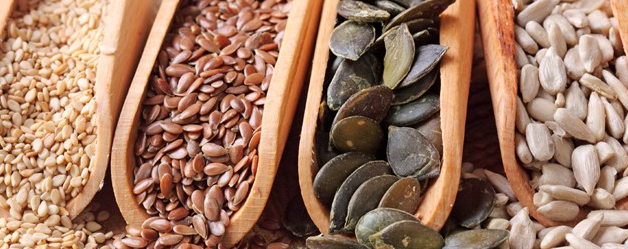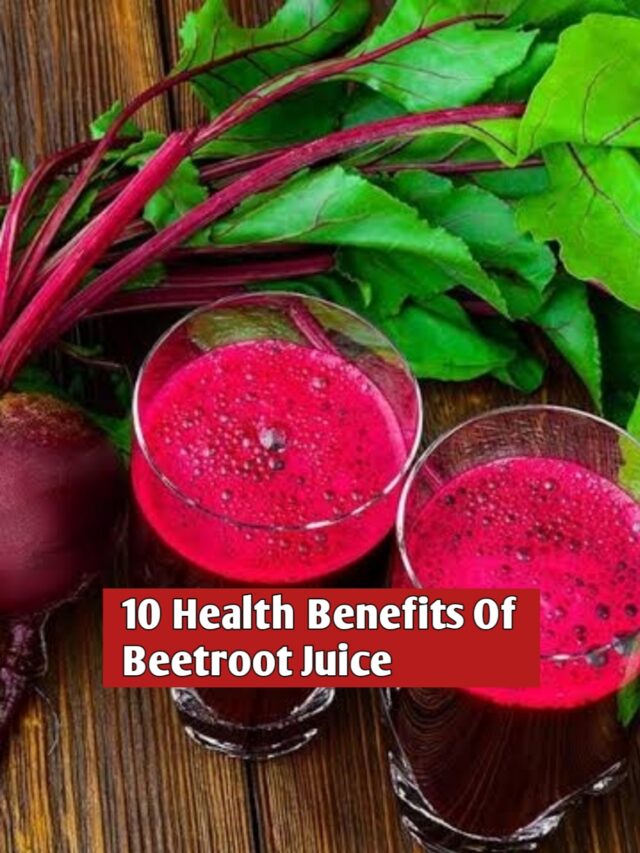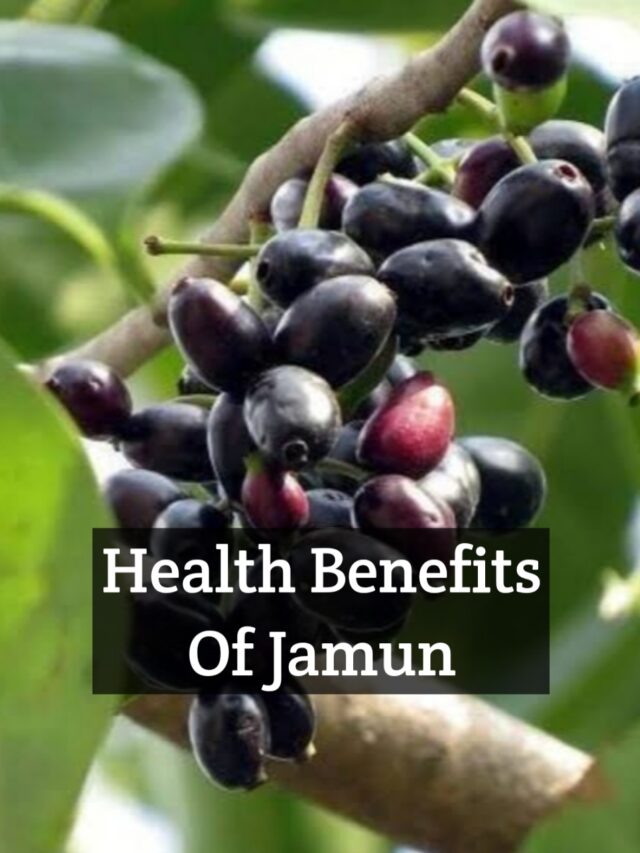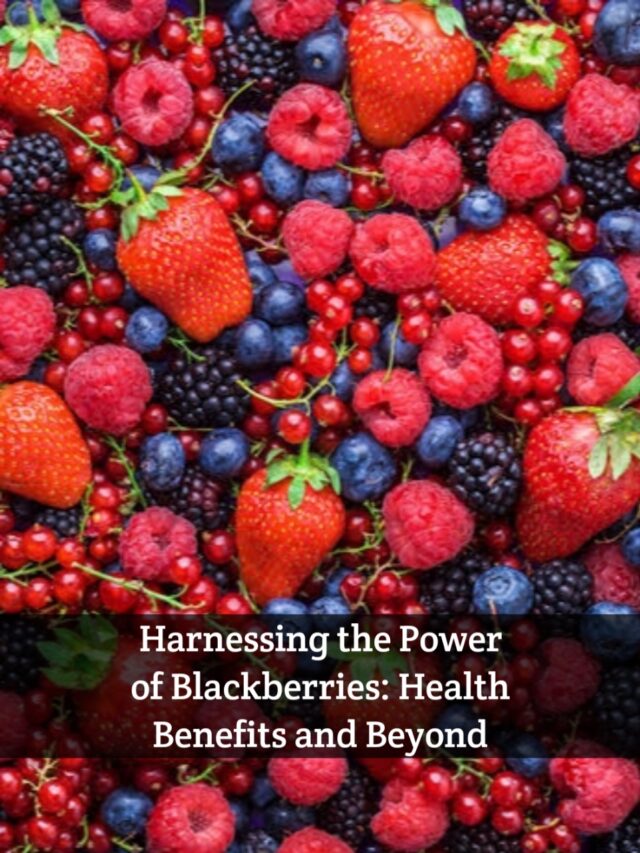Health and Fitness
The Importance of Sleep for Overall Health
Sleep is often underrated in our fast-paced, modern lives, yet its importance cannot be overstated when it comes to our overall health and well-being. Adequate sleep is crucial for maintaining physical health, mental clarity, emotional balance, and even our productivity levels throughout the day. Let’s delve into why prioritizing sleep should be a cornerstone of a healthy lifestyle.
1. Restoring and Repairing the Body
During sleep, the body undergoes essential processes that repair tissues, consolidate memories, and release crucial hormones. These functions are vital for physical health, including immune system function, muscle repair, and growth.
2. Cognitive Function and Mental Health
Sleep plays a significant role in cognitive function, including concentration, productivity, and performance. Lack of sleep has been linked to impaired decision-making, memory issues, and slower reaction times. Moreover, it is closely tied to mental health, with chronic sleep deprivation increasing the risk of anxiety disorders and depression.

3. Regulation of Hormones and Weight Management
Sleep regulates the hormones that control appetite and metabolism. Insufficient sleep disrupts the balance of these hormones, leading to increased cravings for unhealthy foods and a higher risk of obesity. Therefore, maintaining a consistent sleep schedule is essential for managing a healthy weight.
4. Cardiovascular Health
Studies have shown that inadequate sleep is associated with an increased risk of heart disease, hypertension, and stroke. This is because sleep helps regulate stress hormones and keeps blood pressure and inflammation levels in check.
5. Immune System Support
Sleep is crucial for a healthy immune system. During sleep, the body produces cytokines, a type of protein that helps the immune system fight off infections. Chronic sleep deprivation can make the immune system weaker, making it harder for the body to fend off viruses and bacteria.
6. Emotional Well-being and Stress Management
A good night’s sleep can have a profound impact on emotional well-being and stress management. It helps regulate emotions and allows the brain to process emotional experiences. On the other hand, sleep deprivation can exacerbate mood swings, irritability, and stress.
7. Enhancing Physical Performance
Whether you’re an athlete or simply enjoy physical activities, sleep is essential for optimal performance. It improves reaction times, coordination, and muscle recovery after exercise. Athletes, in particular, need adequate sleep to maximize their training gains and reduce the risk of injuries.
Conclusion
In conclusion, sleep is not merely a luxury but a necessity for good health. By prioritizing sleep and establishing healthy sleep habits, you can improve your physical health, enhance cognitive function, boost emotional well-being, and increase overall productivity. To reap the numerous benefits of sleep, aim for 7-9 hours of quality sleep each night, maintain a consistent sleep schedule, and create a sleep-friendly environment. Your body and mind will thank you for it.
Harnessing Health Benefits: Adding Seeds to Your Diet
Seeds, often overlooked in daily nutrition, pack a powerful punch of nutrients and health benefits that can significantly enhance overall well-being. Whether sprinkled on salads, blended into smoothies, or enjoyed as a crunchy snack, incorporating seeds into your diet can offer a range of positive effects on health. Here’s a look at how various seeds can contribute to your nutritional intake and promote wellness:
1. Rich Sources of Essential Nutrients:
- Omega-3 Fatty Acids: Seeds like chia, flax, and hemp seeds are excellent sources of omega-3 fatty acids, crucial for heart health, brain function, and reducing inflammation.
- Protein: Seeds such as pumpkin seeds (pepitas) and sunflower seeds provide a plant-based source of protein, essential for muscle repair, immune function, and overall cellular health.
- Vitamins and Minerals: Seeds are often rich in vitamins (such as vitamin E in sunflower seeds) and minerals (like magnesium in sesame seeds), supporting various bodily functions from bone health to skin integrity.

High-Protein Seeds
2. Fiber-Rich Additions:
- Digestive Health: Seeds like chia seeds and flaxseeds are high in dietary fiber, promoting healthy digestion and regular bowel movements. Fiber also helps to maintain a feeling of fullness, aiding in weight management.
- Blood Sugar Control: The soluble fiber found in seeds can help regulate blood sugar levels, making them beneficial for individuals with diabetes or those looking to stabilize energy levels throughout the day.
3. Antioxidant Powerhouses:
- Free Radical Defense: Many seeds, including sunflower seeds and sesame seeds, contain antioxidants such as vitamin E, selenium, and lignans. These compounds help neutralize free radicals in the body, protecting cells from oxidative damage and lowering the risk of chronic diseases.
4. Supportive of Heart Health:
- Healthy Fats: Seeds like pumpkin seeds and flaxseeds are rich in monounsaturated and polyunsaturated fats, which can help lower cholesterol levels and reduce the risk of cardiovascular diseases.
- Blood Pressure Regulation: Potassium-rich seeds, such as pumpkin seeds and sunflower seeds, contribute to maintaining healthy blood pressure levels, crucial for heart health.
5. Versatility and Easy Incorporation:
- Diverse Uses: Seeds can be easily incorporated into various meals and snacks, adding texture, flavor, and nutritional benefits. Sprinkle them on yogurt, blend them into smoothies, bake them into bread or muffins, or simply enjoy them as a crunchy snack.
- Plant-Based Protein: For vegetarians and vegans, seeds provide a valuable source of plant-based protein and essential nutrients that are often lacking in meat-free diets.
Conclusion: Incorporating seeds into your diet can be a simple yet impact way to enhance your nutritional intake and support overall health. From providing essential fatty acids and fiber to boosting antioxidant levels and supporting heart health, seeds offer a wide array of benefits that contribute to a balanced and nourishing diet. By exploring different types of seeds and incorporating them creatively into your meals, you can reap the diverse health benefits they have to offer for a healthier, more vibrant life.








